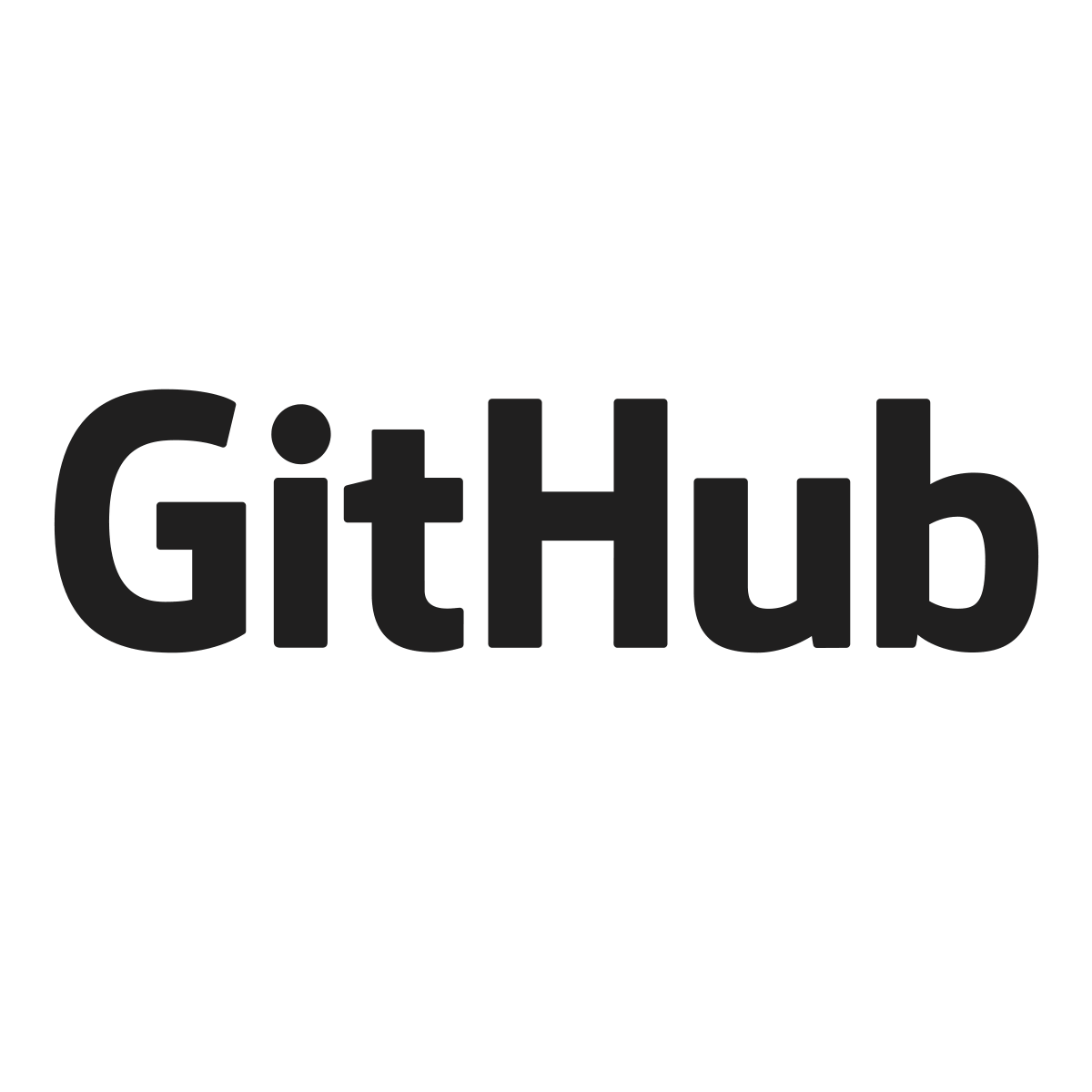The current Netatalk release series (2.x and 3.x) are finally in a good place where we have a modern and flexible build system, with fully functioning user authentication. I can finally pivot to what I wanted to do in the first place: consolidate the best of 2.x and 3.x into one Mac file sharing suite to rule them all.
I hereby present: The Netatalk 4.0 Roadmap.
The mission statement is: A future-proof file sharing suite for Apple //e to macOS and everything in-between.
In the long run, I want to stop supporting two very different branches and have one branch will all the code modernization of 3.x with the support for old clients that 2.x provides.
At a high level, these are the projects:
- Bring back the AppleTalk daemons: atalkd, papd, timelord, a2boot
- Bring back the AppleTalk networking tools: aecho, getzones, nbp, pap
- Bring back afpd support for AFP 1.1, 2.0, and 2.1
- Write a Spotlight indexing and search backend in Elasticsearch (Gnome Tracker has not been working well)
- Use Nettle as crypto backend (eliminate the remaining dependencies on OpenSSL)
- Use GDBus as D-Bus client (dbus-glib is going away)
On top of this, I want to remove the old Autotools build system, shore up all the insecure memory mangement, write unit tests...
Needless to say, this will be a massive undertaking. I am looking for collaborators to make this happen. If you or someone you know has a knack for C (or is willing to learn) I can offer a job that is unpaid but comes with the glory of keeping the dream of Apple file sharing alive for the next generation.
I hereby present: The Netatalk 4.0 Roadmap.
The mission statement is: A future-proof file sharing suite for Apple //e to macOS and everything in-between.
In the long run, I want to stop supporting two very different branches and have one branch will all the code modernization of 3.x with the support for old clients that 2.x provides.
At a high level, these are the projects:
AppleTalk
- Graft the AppleTalk protocol modules back onto libatalk: asp, atp, nbp, ddp- Bring back the AppleTalk daemons: atalkd, papd, timelord, a2boot
- Bring back the AppleTalk networking tools: aecho, getzones, nbp, pap
- Bring back afpd support for AFP 1.1, 2.0, and 2.1
Modern Tech
- Write a CNID backend in SQLite (Berkeley DB is abandonware)- Write a Spotlight indexing and search backend in Elasticsearch (Gnome Tracker has not been working well)
- Use Nettle as crypto backend (eliminate the remaining dependencies on OpenSSL)
- Use GDBus as D-Bus client (dbus-glib is going away)
On top of this, I want to remove the old Autotools build system, shore up all the insecure memory mangement, write unit tests...
Needless to say, this will be a massive undertaking. I am looking for collaborators to make this happen. If you or someone you know has a knack for C (or is willing to learn) I can offer a job that is unpaid but comes with the glory of keeping the dream of Apple file sharing alive for the next generation.

